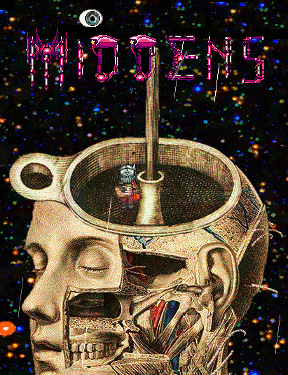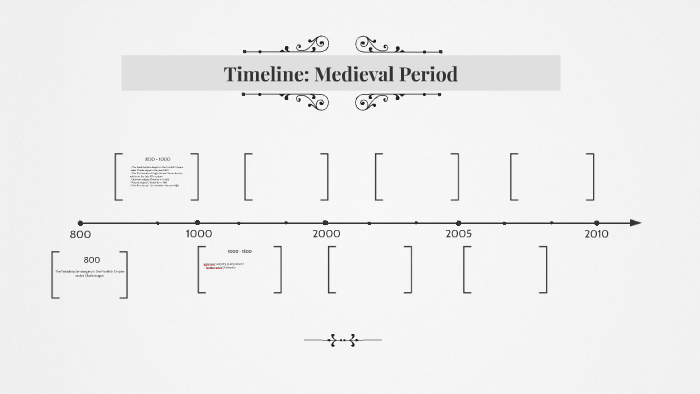Low battery
Battery level is below 20%. Connect charger soon.
Does were/was refer to these buildings or who? Technically, you should use were. Is there any rules for i was/were? The subjunctive takes the plural form of the past tense of to be as its auxiliary verb, even in the singular. Ccleaner has been run. · that is, both were to (using the irrealis were) and was to (using a past-tense verb) would usually be interchangeable in a sentence structured similar to yours, but that would be if the sentence was in non-fiction text. You are correct that the sentence is subjunctive because of the indefiniteness introduced by as though. If you wanted to talk about two, you would use a plural verb: Who were these buildings designed by? Or ccleaner has been ran. Purdue owl has this example which is almost identical to ops case: Two of the successful managers were asked. In this case which would it be? · from others conversation,i found out they mentioned i was and sometimes they also mentioned i were. · if + were expresses the subjunctive mood, which refers to wishes and desires and is known as a non-factual mood. One of the successful managers was asked. Were -ing (past continuous of be) is used to situations which were happening at a special time in the past and none hypothetical, it is more direct, not imaginative. As far as i know, this is a second-type conditional sentence, and there should be was there (not were. My friend is writing some documentation and asked me an english question i dont know the answer to. [bold mine] what does were to be mean there? Note that if a summer were to be moved behind the block, the additional gain would be equal the value of the block gain, instead of its inverse. One of the boxes is open. Or who was these buildings designed by? Having said that, many expert native english speakers will use was, both formally and informally. What is the difference between were and have been, and are these sentences gramatically correct? · consider the following sentence, from introduction to control systems by malgorzata zywno: Which of the following is correct ? 1) some of the best known writers of detective fiction in the twentieth century were women. If youre mentioning a possibility or a probability, a chance that something could be, use was . The verb agrees with the subject, one.




